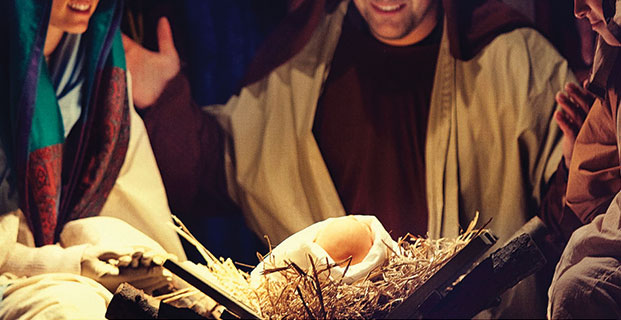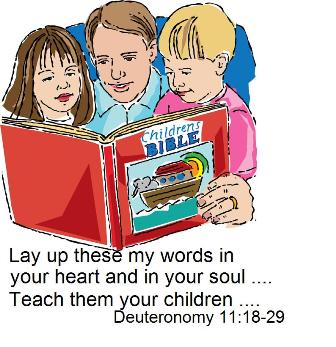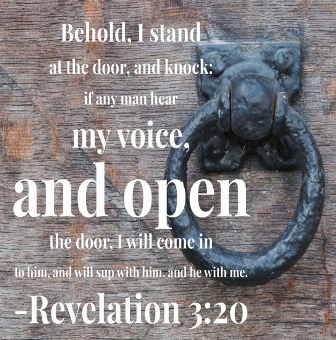Christmas is quickly approaching and there are numerous reminders of the birth of Christ; some of these are nativity scenes on homes, stores, and government building lawns; while others are lighted Christmas trees. Many churches are holding Christmas programs to commemorate the birth of Christ. And, just about every radio station is playing Christmas music. Without a doubt, unless you were “born yesterday”, it would be most difficult for you to not know that the day set aside to celebrate the birth of Christ, called Christmas, is just a few days away.
You may not be aware that the celebration of Christmas here in the United States had its difficult beginnings. “The pilgrims, English separatists that came to America in 1620, were very orthodox in their Puritan beliefs. As a result, Christmas was not a holiday in early America. From 1659 to 1681, the celebration of Christmas was actually outlawed in Boston. Anyone exhibiting the Christmas spirit was fined five shillings. By contrast, in the Jamestown settlement, Captain John Smith reported that Christmas was enjoyed by all and passed without incident. After the American Revolution, English customs fell out of favor, including Christmas. In fact, Congress was in session on December 25, 1789, the first Christmas under America’s new constitution. Christmas wasn’t declared a federal holiday until June 26, 1870 (signed by President Ulysses S. Grant).” – “The History of Christmas in America”
Although the Christmas celebration had its rocky start in the United States, it must be understood that Christmas was not to be commemorated as a day of gift giving – but a day to remind us of the birth of Christ. I am reminded from the Old Testament that when the Israelites passed over the river Jordan on dry land when the Lord parted the waters, Joshua instructed twelve men (one from each tribe) to pick up a large stone from the dry river bed. Joshua 4:5-7, 9,
“And Joshua said unto them, Pass over before the ark of the LORD your God into the midst of Jordan, and take ye up every man of you a stone upon his shoulder, according unto the number of the tribes of the children of Israel: That this may be a sign among you, that when your children ask their fathers in time to come, saying, What mean ye by these stones? Then ye shall answer them, That the waters of Jordan were cut off before the ark of the covenant of the LORD; when it passed over Jordan, the waters of Jordan were cut off: and these stones shall be for a memorial unto the children of Israel for ever. And Joshua set up twelve stones in the midst of Jordan, in the place where the feet of the priests which bare the ark of the covenant stood: and they are there unto this day.”
Every time the Israelites passed by the stones, it was to serve as a reminder of what God had done for them; the children were to be taught generation after generation that God had brought them into the Promised Land.
In thinking about all of the reminders we have pertaining to the birth of Christ at Christmas; I was reminded of the group of large stones in Wiltshire, England, referred to as “Stonehenge”. The true meaning of this ancient, awe-inspiring creation has been lost in the mists of time. Was Stonehenge a temple for sun worship, a healing centre, a burial site or perhaps a huge calendar? How did the people of that day manage to carry the mighty stones from so far away and then, using only the most primitive of tools, build this amazing structure? The reminders of the generations were not passed down and are now forgotten.
When we see the “manager scene”, it should not only serve to remind us of the birth of Christ – it should also serve to remind us Who was born. Isaiah 9:6,
“For unto us a child is born, unto us a son is given: and the government shall be upon his shoulder: and his name shall be called Wonderful, Counsellor, The mighty God, The everlasting Father, The Prince of Peace.”
John 3:16,
“For God so loved the world, that he gave his only begotten Son, that whosoever believeth in him should not perish, but have everlasting life.”
The next time you gaze upon the manager scene – don’t forget to share its true meaning with a child.



